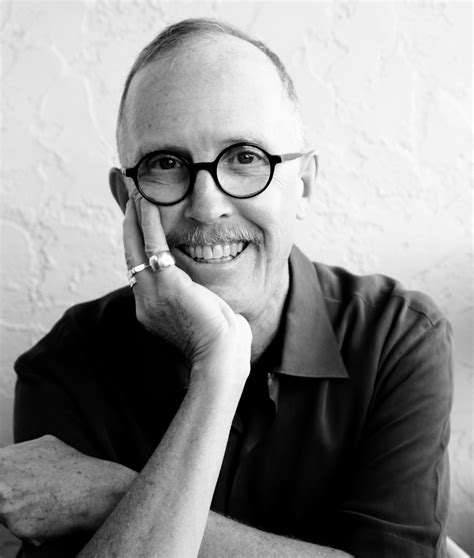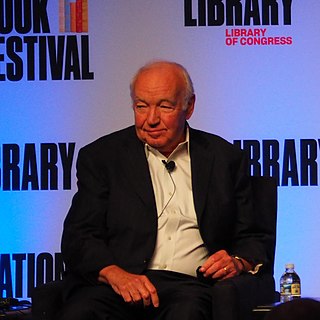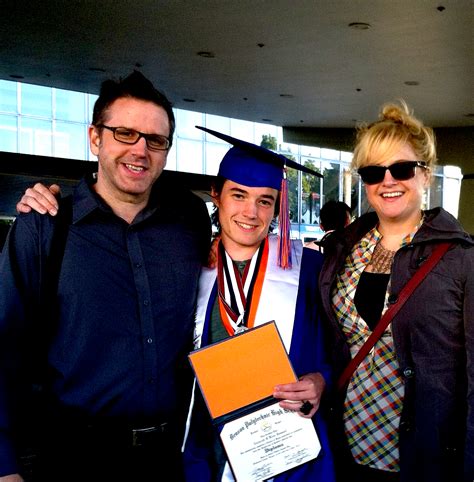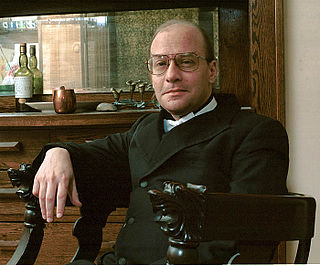A Quote by John Barton
A literary journal is intended to connect writer with reader; the role of the editor is to mediate.
Related Quotes
A writer can spend a decade working obsessively on a novel, but in the commerce of publishing, many of the most important decisions about any book will be made based on very short pitches - from literary agent to editor to sales rep to bookstore buyer to a potential reader standing in the bookstore, asking, 'What's it about?'
The original idea of blog publishing was that writer and reader would be on the same level. That it would be a conversation - not a lecture. People lost sight of that. We didn't. Kinja is designed to break down the walls of the ghettos. So that everybody - editor, writer, source, subject, expert, fan - can be a contributor.
We must be forewarned that only rarely does a text easily lend itself to the reader's curiosity... the reading of a text is a transaction between the reader and the text, which mediates the encounter between the reader and writer. It is a composition between the reader and the writer in which the reader "rewrites" the text making a determined effort not to betray the author's spirit.
It is easier for the reader to judge, by a thousand times, than for the writer to invent. The writer must summon his Idea out of nowhere, and his characters out of nothing, and catch words as they fly, and nail them to the page. The reader has something to go by and somewhere to start from, given to him freely and with great generosity by the writer. And still the reader feels free to find fault.






































